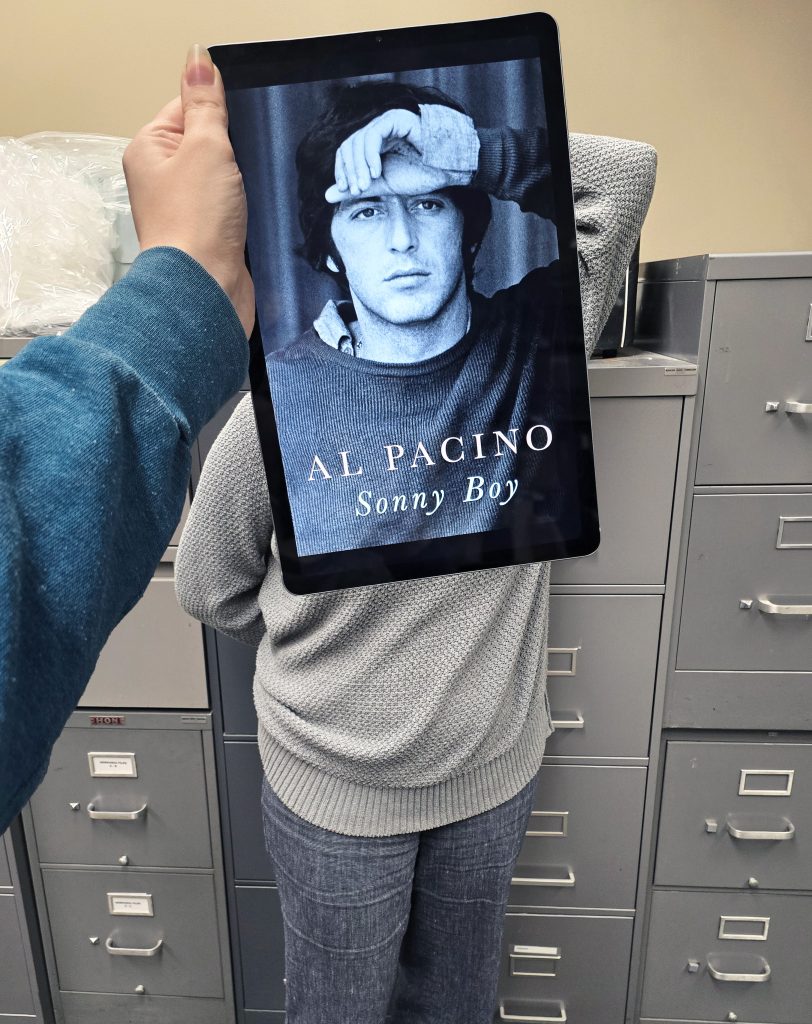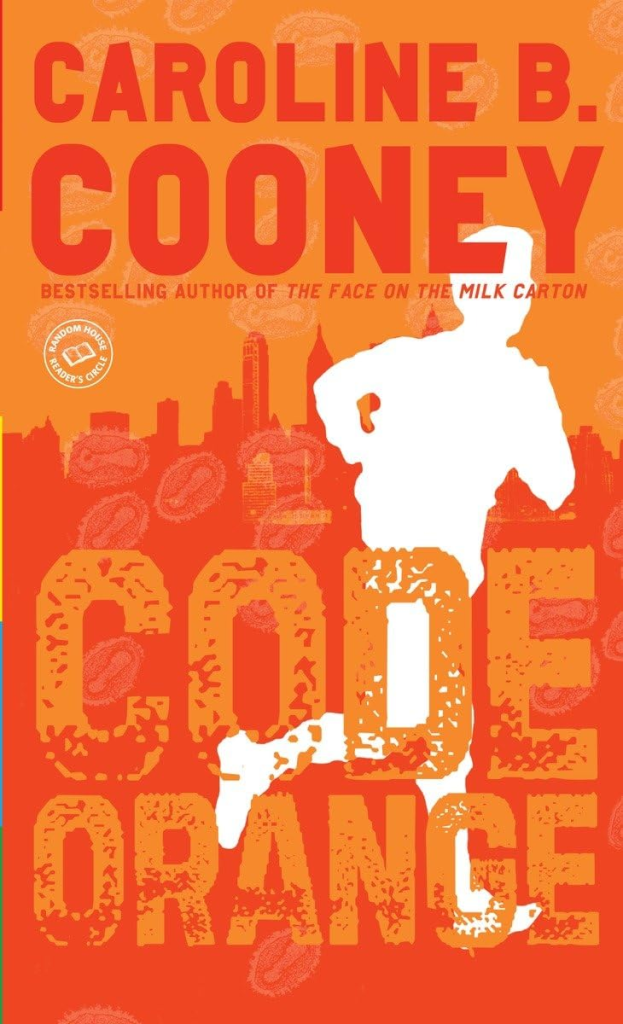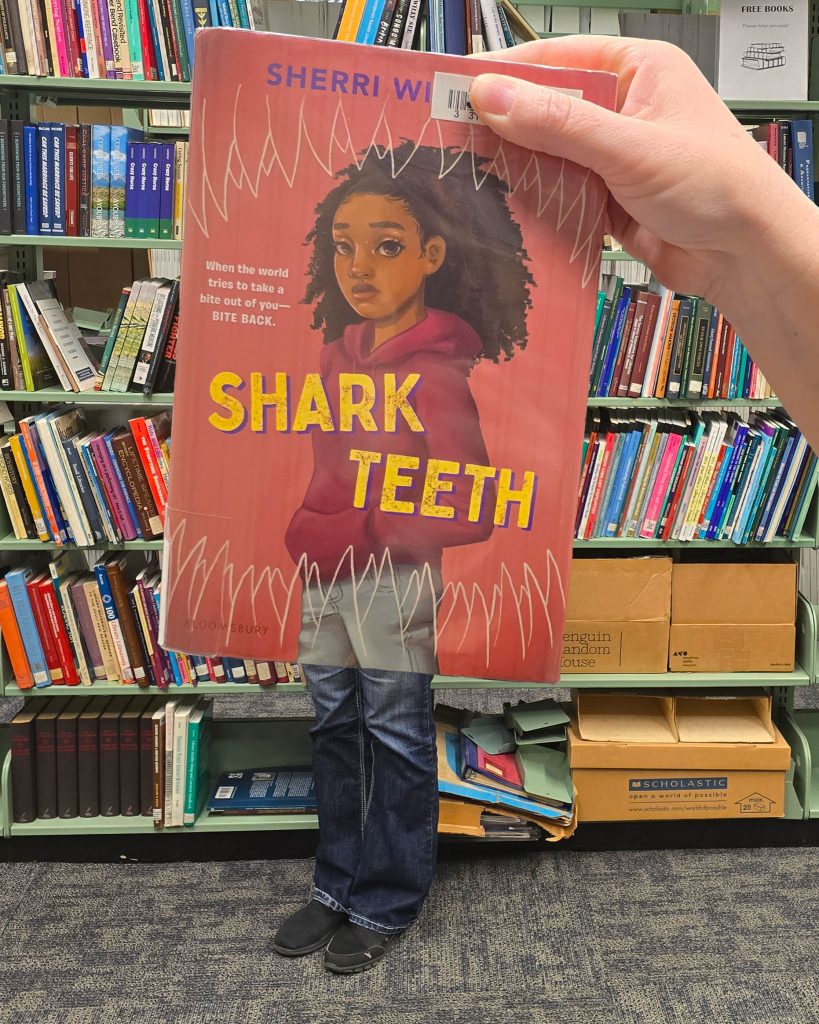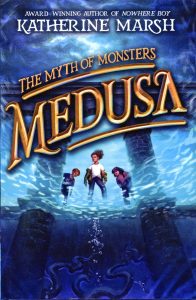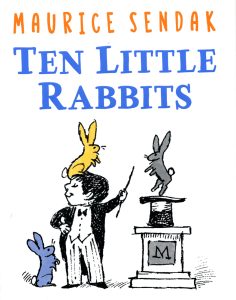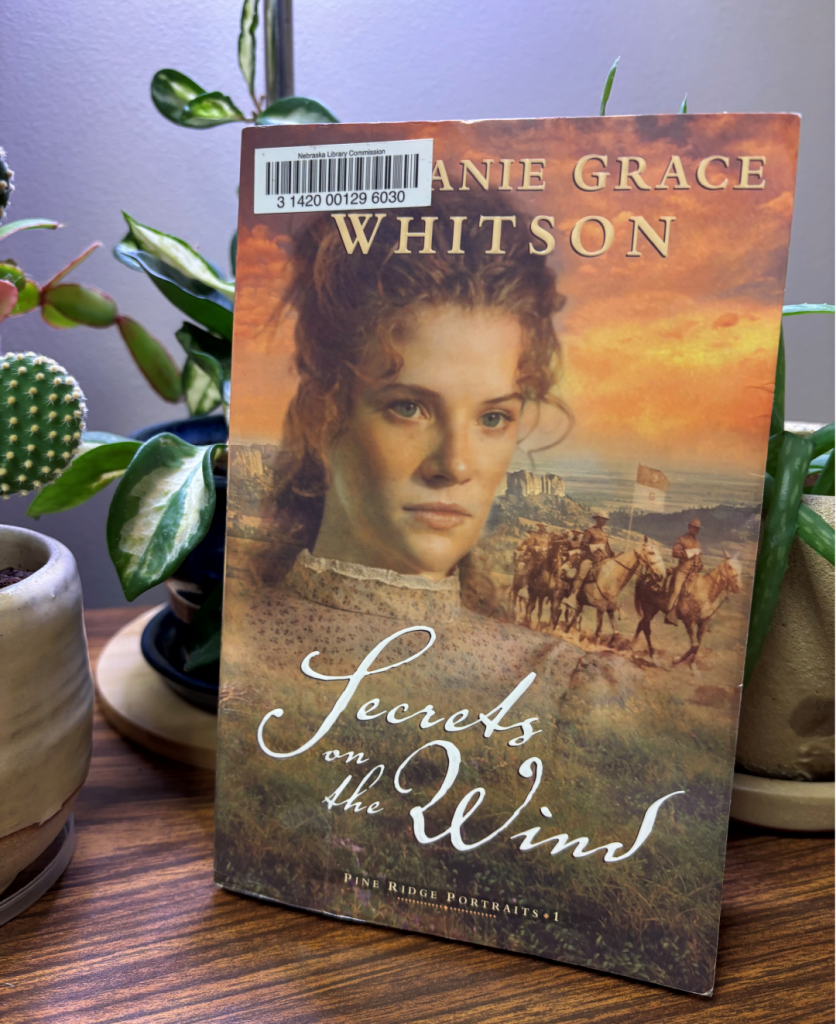Winter. Nebraskans are well-acquainted. Even in the milder times, like this year and the last, winter is a frigid creep around the fringes of our scarves, skulking under the brims of our hats.
There is an instinct to resist winter. It is, after all – even to those of us who love the cold – an inconvenient season. Our commutes become more challenging. Daylight is fleeting. And if we are not resisting winter, then we are doing our best to ignore it. After all, in an era of thermostats and DoorDash, many of us are not interrupted by the whole of winter. Unlike our predecessors throughout most of human history, we do not have to rely on a stockpile of firewood, or animals that also feel the sting of wind chill, or cans and jars preserving our fall harvest. This has changed what winter has become in our societies.
After experiencing a series of upturnments in her life, Katherine May set out to explore ways to survive winter. Not just the physical season of winter – although she spends quite a bit of time in the uppermost northern regions of the planet – but also the spiritual and mental winters that come from burn-out and illness.
After her husband’s sudden hospitalization, followed by the onset of her own chronic, unexplainable illness, May faces what all of us struggle with at one point in our lives: the realization that we need to rest, with no structured culture of rest and few ideas about where to begin. She wrestles with the guilt of “doing nothing,” even though what she is actually doing is allowing her body the time and space it desperately needs to recover.
May refers to this time of her life as a “wintering.” She uses winter as a central thesis of living more aligned with a seasonal perspective, with periods of fertility and fallowness. We are tempted to see time and life as a long, linear line. Birth and death are points A and B. Our jobs are 9 to 5. It leads to a very individualistic, self-referencing way of living. Perhaps we would be better served by viewing it all – our lives, time, the seasons – as interconnected cycles.
Winter brings with it discomfort, darkness, cold. In nature, winter is a time to be survived – however, as May uncovers, much of nature is centered around preparing for winter. Neither the door-mouse nor deciduous trees survive by staunchly ignoring winter, nor do they let winter take them by surprise. There is no “keep calm and carry on” philosophy (May is British). Instead – at the risk of anthropomorphism – nature accepts the reality of the changes of the season, and adapts. Some animals hibernate. Some tree lose their leaves. It is a period of dormancy, to weather the lean times of few resources.
May also explores how northern human cultures adapt to the long periods of frozen darkness that comes with living in the Arctic Circle. May explores the geothermal pools of Iceland, the customs of the indigenous Sámi of Norway, and the sauna culture of the Finns. These groups seem to share amongst each other the belief that winter is not something to be overcome, but something to be embraced in order to weather it. And it is weathered most of all by relying on community.
May, Katherine. Wintering: The Power of Rest and Retreat in Difficult Times. Riverhead Books, 2020.

